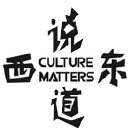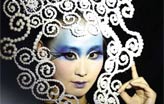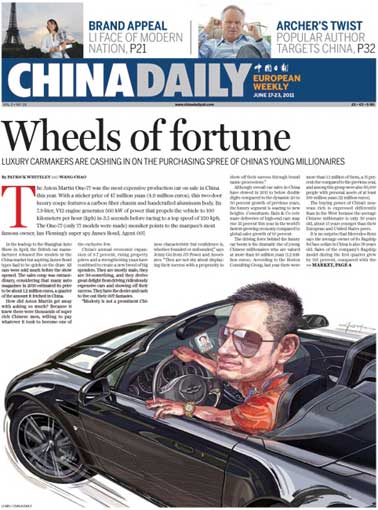View
Taiji and the luxury lifestyle
Updated: 2011-06-19 07:48
By Matt Hodges (China Daily)

The popularity of yoga, spinning and Pilates classes at gyms in top-tier cities suggests that taiji quan, as a homegrown means of keeping yourself physically and spiritually in synch, is one Chinese traditional art in need of some serious re-branding.
Adding insult to injury, it is also often translated as "shadow boxing", rather than the more accurate and death-defying moniker "supreme ultimate fist", which highlights how much of a pounding its street cred has taken.
Even the tinge of menace associated with the word "boxing" soon fades in the minds of most foreigners, who see taiji as kungfu lite, or as something exotic your granny may pick up when she grows tired of collecting food-discount vouchers at Tesco.
Apparently, young Chinese are starting to feel much the same way. At least in Shanghai, there is a clear dichotomy. Taiji is something pensioners perform at the crack of dawn in parks, when they aren't playing mahjong, waltzing in town squares or water-painting hanzi on the sidewalk.
Meanwhile, cool young trendies head to California Fitness to stretch out or burn calories on bikes while listening to Lady Gaga.
Most of these classes are filled by women, and most of these women own at least one, real or imitation, Louis Vuitton handbag or purse, and a pair of Chanel sunglasses.
This is an important connection because it highlights how taiji as a brand, or "designer label", cannot compete with the attention of the younger demographic even in the domestic market right now, let alone build a stronger export market for itself.
This issue of branding was raised at a recent luxury goods forum in Shanghai, where representatives of designer Swiss watchmakers and other luxury goods talked gleefully about their expected 25 percent sales increases in China this year.
Some suggested that, instead of trying to ape foreign brands or create luxury brands from scratch, China should focus on branding and exporting traditional products like Maotai and Dragonwell Tea in a more luxury format. The same logic applies to taiji.
For example, did you know that many Chinese masters consider taiji the purest and most perfect form of kungfu? It is also a nifty little calorie burner (Wikipedia dubiously reports that it burns more calories than surfing). On the down side, unlike yoga, taiji is time-consuming and difficult to learn, so it is hard to find a good teacher.
The key point is that, until the allure of Western ideas, trends and fashions starts to wane, traditional Chinese arts and products need to become cool again, at least in the eyes of the consumer. They need to spark people's imagination in the same way that kungfu unremittingly has.
In contrast, try telling a teenager that he will appreciate the sense of balance taiji gives you later in life (clinical tests show it can reduce by half the number of falls that form a major source of injury and death among old people), then watch him roll his eyeballs and crank up the volume on his MP3.
What is needed is an aggressive marketing campaign centered around the holistic benefits of attacking your day charged on superhuman levels of qi, the essential life force that taiji is built around and the Oriental equivalent of The Force.
How else would women small enough to fit in my backpack, and old enough to remember a time before Sausage Egg McMuffins, be able to elbow me out of the taxi line with all the swinging power of Barry Bonds? It is not artificial growth hormones or purple-rinse hair dyes. It is pure qi.
Traditional Chinese culture is steeped in the concept of qi, In acupuncture, kua refers to a point on the groin that accepts qi from the earth, while lao gong refers to a point on the palm that can both accept and transmit qi. If you master both, you can stop bullets with a wave of your hand, or bend reality like a spoon.
While taiji is more bent on balancing your internal energy (yin and yang), it retains strong links to the martial arts that gave birth to it centuries ago. It won't make you bulletproof like Neo, but it is way cooler than putting on pink leggings and signing up for a yoga class.
China Daily
E-paper

Pret-a-design
China is taking bigger strides to become a force in fashion.
Lasting Spirit
Running with the Beijingers
A twist in the tale
Specials

Mom’s the word
Italian expat struggles with learning English and experiences the joys of motherhood again.

Lenovo's challenge
Computer maker takes on iconic brand apple with range of stylish, popular products

Big win
After winning her first major title, Chinese tennis star could be marketing ace for foreign brands
